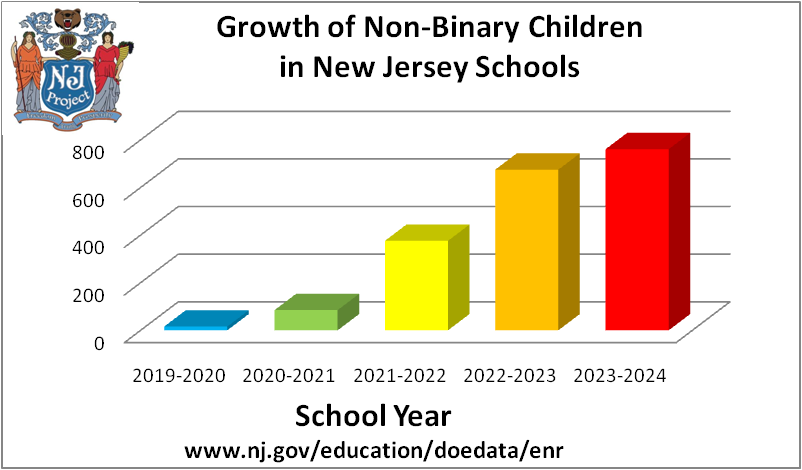Going back to school in New Jersey can feel like an endless stream of paperwork for parents. Often, important permission forms are overlooked amidst the yearly emergency contact form and technology use agreements. It’s crucial to review all documents thoroughly before signing them for your child. If you have any questions or need clarification, don’t hesitate to call the school!
Keep an eye out for the following forms that need a closer look:
- Photo and Video Release Forms allow the school to photograph or videotape your child for school-related purposes such as newsletters, websites, or promotional materials. Permitting your child’s image to be used on social media can have both positive and negative effects. If your child is an athlete or artist, being featured online and in promotional items can increase their visibility. On the other hand, if your child’s image is excluded, it could negatively impact their chances for recruitment if not handled properly. For example, imagine your son makes the winning touchdown at the high school game and it doesn’t appear in the local paper because you signed a form stating that no media could be used. Make sure to carefully consider the implications before deciding, and be cautious not to accidentally exclude your child from their own yearbook.
- Health and Wellness Policies that give the school consent for health screenings, vaccinations, or other health-related services provided by the school. Schools have recently been permitted to have onsite federally qualified health centers on public school campuses. These centers offer primary care doctors, behavioral/mental health services, preventive health care, dental care, lab services, HIV/AIDS counseling and testing, and more. Additionally, be on the lookout for sports forms which may include vaccination consent forms and other procedures.
- Data Privacy Agreements are protected by the Family Educational Rights and Privacy Act (FERPA). FERPA is an important federal law that protects student information. It requires written consent from students or their guardians before sharing this information with third parties. However, there are some exceptions, such as sharing with contractors or volunteers who provide services for the school. If you would like to learn more about these exceptions, please contact your superintendent.
- Agreeing to Chromebook service fees and insurance may offset maintenance costs. It might be a good idea to consider paying for Chromebook service fees and insurance, especially if you have kids who tend to be clumsy (which describes most kids).

- Most importantly, There are forms that your child may fill out on their Chromebook, revealing personal information without your permission. It’s important to check your child’s Chromebook for inappropriate surveys that reveal personal information and to remind your child NOT TO FILL OUT any survey without your permission. Below is a sample of an invasive survey that was given in Lacey Township by a high school teacher last year.

Keep in mind that this type of survey may violate state laws if it doesn’t clearly state that participation is voluntary. Also, parents must be given the option to opt-out, or the school must provide adequate written notice to the parents that this type of survey is being given to the student. That’s why it’s important to carefully review everything you sign; you might unintentionally give consent for your child to take part in intrusive, data-collecting surveys.
According to The PPRA (Protection of Pupil Rights Amendment), parents have the right to have prior notice of and a meaningful right to opt-out of intrusive and biased surveys and studies of their children. This prevents public schools from the invasive collection of information about:
- political beliefs or affiliations,
- mental or emotional issues or challenges,
- sex behavior or attitudes,
- illegal antisocial, self-incriminating, or demeaning behavior,
- “critical appraisals of other individuals with whom respondents have close family relationships” (i.e. anything related to “white privilege” or “anti-racism”) of a student or her family.
- relationships with lawyers, physicians, and ministers,
- religious beliefs or practices,
- and in certain cases, the family’s income level.Cedar Grove School District Violates PPRA With Invasive Surveys

This August, the U.S. Department of Education decided that the Cedar Grove School District in New Jersey violated the Protection of Pupil Rights Amendment (PPRA) in New Jersey by asking high schoolers to reveal information about their religion and income in a 2021 survey without prior written consent. The survey also asked questions about gender identity and race but the Department refused to determine whether questions about “gender identity” trigger parental rights under the PPRA. Nevertheless, citing New Jersey law, the Department prohibited the District from asking “similar questions” in future surveys without prior written parental consent.

If you believe your school violates PPRA, you can and should report violations to the U.S. Department of Education using the form by clicking HERE. Complaints must be made within 180 days of the date of the violation. In some instances, violations are ongoing so that complaints may be filed based on the most recent date.





